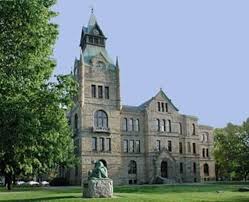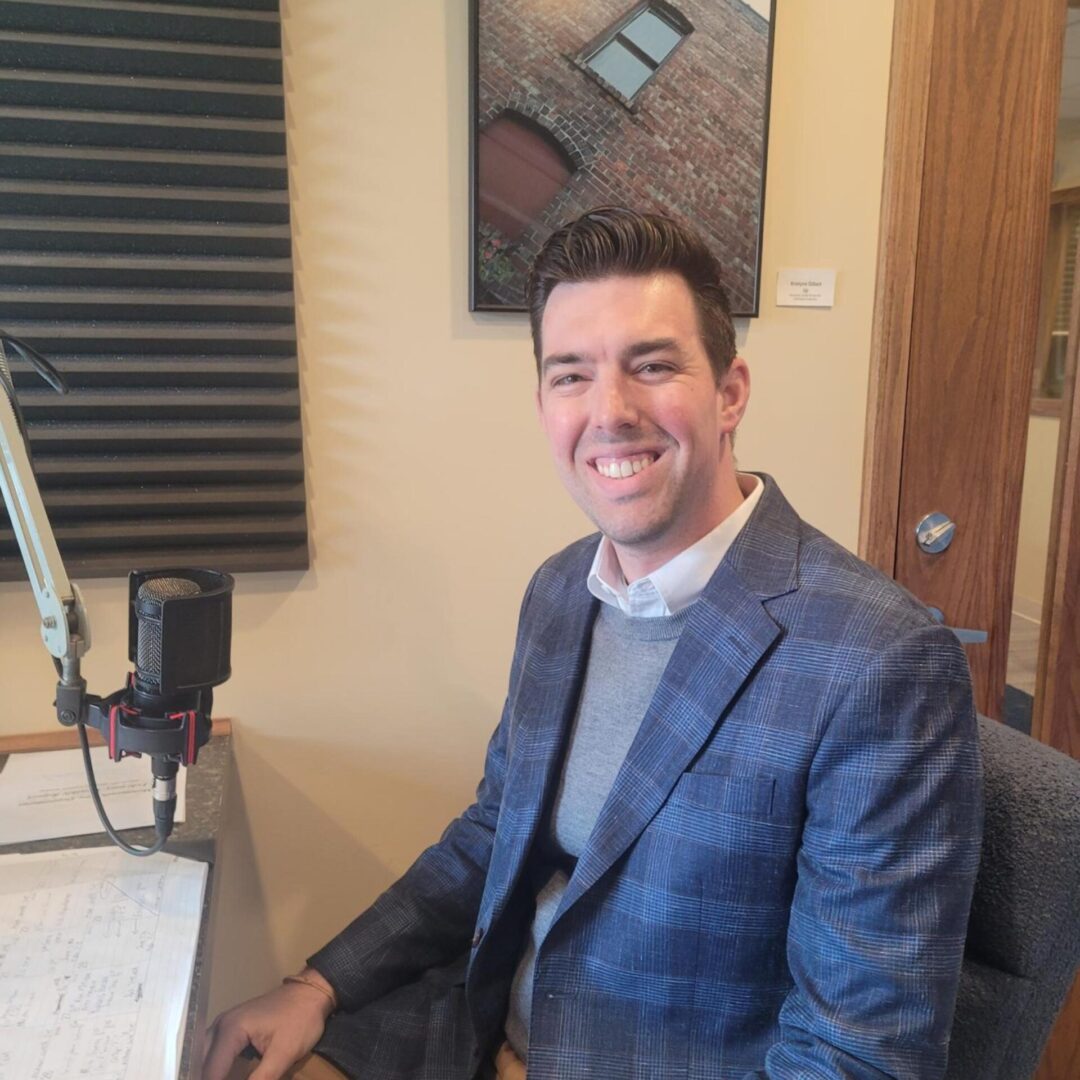You might enjoy owning your home – but the mortgage? Not so much. In fact, you might want to do everything you can to pay it off as quickly as possible. But is that always the best strategy?
In one sense, your mortgage can be considered a “good” debt because it’s backed by a tangible asset – your home – that has real value and may even gain further value. Furthermore, by historical standards, you’re probably paying a pretty low interest rate on your mortgage, so you’re getting a lot of benefit – a place to live and a potentially appreciating asset. And if you itemize on your taxes, you can possibly deduct some, or maybe all, of your mortgage interest.
Nonetheless, despite these benefits, a mortgage is still something you have to pay, month after month and year after year. And for some people, it may feel good to pay it off. After all, there may well be a psychological benefit to being free this long-term debt. But is it really in your best financial interest to make extra payments?
Suppose, for example, that you need a large sum of money quickly for a new car, a new furnace or some other unexpected, significant expense. Or, in an even more serious scenario, what if your job ends and you need money to tide you over until you get a new one? In these situations, you need liquidity – ready access to available cash. And your house may not be the best place to get it. You could apply for a home equity loan or line of credit, but these typically require approvals (which might be difficult if you aren’t employed), and you’ll be using your home as collateral. A home equity loan or credit line isn’t always bad – under the right circumstances, it can be a valuable financial tool. But that doesn’t change the basic fact that your home is essentially a non-liquid asset.
So, instead of making extra house payments, make sure you have built an emergency fund containing several months’ worth of living expenses, with the money kept in a low-risk, accessible account. After building an emergency fund, you should weigh extra mortgage payments against other uses of your money. For example, if you have other types of debt – such as credit cards or student loans – you might want to work on paying those off more quickly, as these debts may also carry higher interest rates.
You might also consider increasing your contributions to your 401(k), IRA or other retirement/investment accounts. You could spend two or three decades in retirement, so it’s important to save as much as possible for those years
As you can see, you do have some good reasons for using any extra money you may have for purposes other than making additional mortgage payments. Ultimately, though, it’s a personal decision. In any case, think carefully about your choice. You may want to review the various tradeoffs with a financial professional, who can possibly recommend the most advantageous strategies. And you may also want to consult with a tax professional. By understanding all that’s involved in the “extra payment” decision, you’ll be better prepared to make the right moves.
***This article was written by Edward Jones for use by your local Edward Jones Financial Advisor. Edward Jones, Member SIPC***















